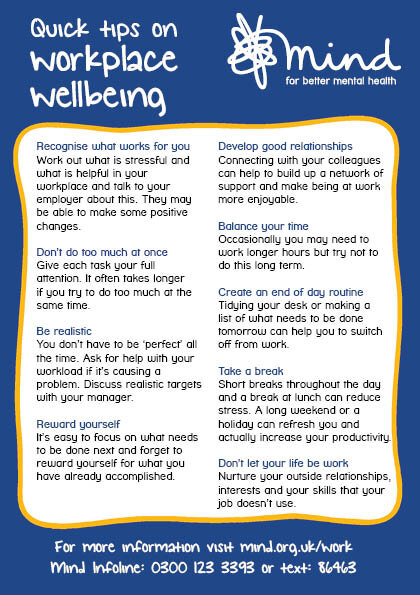1. Reduce your intake of beverages that are high in sugar.
American diets are heavily influenced by drinks that are sugary, including sodas and fruit juices. Numerous studies suggest that beverages that are sweetened with sugar increase the likelihood of developing type 2 heart disease and diabetes even among those who do not have excess body fat. Sugar-sweetened beverages can also be dangerous for children as they can cause overweight children as well as illnesses that don't typically occur until the age of adulthood, like type 2 diabetes, high blood pressure and non-alcoholicfatty liver disease. Healthier alternatives include:
water
Unsweetened teas
sparkling water
coffee
2. Get enough sleep
Sleeping well is vital. Insufficient sleep can result in insulin resistance, which can alter the hormones that regulate appetite. Additionally, it can affect the physical and mental efficiency of your. Sleep deprivation is the most significant risk factor in obesity and weight growth. Individuals who don't get enough sleep tend to make food choices that are rich in fat, sugar, and calories, which could lead to an unintentional weight gain (28Trusted Source 29Trusted Source). Have a look at this awesome Fitso gurgaon advice.

3. Hydration is an essential and often overlooked marker of health. Your body is in top shape and your blood volume is adequate if you keep hydrated. Drinking plenty of water is the best solution to stay hydrated. You don't need to drink a certain amount each day. You can try to drink enough to satisfy your thirst.
4. Avoid bright light sources when you go to your bed
The bright light, which is blue-colored wavelengths, can interfere with the production of the sleep hormone Melatonin. Some ways to help reduce the exposure to blue light is to wear blue light blocking glasses -- especially if you use a computer or other screen that is digital for prolonged periods and to stay clear of digital screens for 30 mins to an hour prior to going to go to bed. This could boost the production of melatonin within your body, which will make you sleep more soundly.
5. Take in plenty of fruits and veggies
A wide variety of fruits and vegetables contain lots of vitamins, minerals and prebiotic fiber. Research shows that people who eat more fruits and vegetables tend to live longer and have a lower risk for obesity, heart disease, and other diseases. Check out great Age related muscle loss info.

6. Get enough protein. Protein is vital for good health. It is the source of necessary raw materials your body needs to build new cells and tissues. Furthermore, this nutrient is particularly essential for maintaining an appropriate body weight. A high intake of protein will boost your metabolism or rate of burning calories. It also helps you feel full. It can reduce your cravings and make you feel fuller longer.
7. Get moving!
Exercise is among the most beneficial activities you can perform to improve your physical and mental health. It's especially effective in decreasing stomach fat, the type of fat that is dangerous that accumulates around your organs. Reduced belly fat may cause significant improvements in the health of your metabolism. According to the Physical Activity Guidelines, Americans should be aiming at least 150 minutes each week of moderate intensity exercise.
8. Lift massive weights
Strength training and resistance training are among the most effective exercises that enhance your muscle strength and body composition. They can lead to substantial improvement in your metabolic health. It could increase the sensitivity of insulin that will allow you to regulate the blood sugar levels. Also, it may increase your metabolic rate -which is the number of calories you consume at in a state of rest. To generate resistance, you can utilize your bodyweight (or resistance bands) for the same exercise. The Physical Activity Guidelines for Americans recommend that resistance exercise be done at least twice each week. Have a look at this cool Probiotics info.

9. Remove excess belly fatExcessive abdominal fat, also known as visceral fat, is a unhealthy form of fat distribution associated with the risk of cardiometabolic illnesses like type 2 diabetes as well as heart disease. The size of your waist and waist to hip ratio are probably more reliable indicators of your overall health than your weight. Cutting down on refined carbs as well as increasing your protein and fiber intake and reducing stress will all aid in losing excess belly fat.
10. Meditate
Stress can be detrimental for your health. Stress can trigger issues such as high blood sugar, poor food choices, sickness susceptibility, weight and fat distribution, and a host of other problems. It's important to find healthy ways to reduce stress. Meditation is one option to manage stress. Scientific evidence suggests its benefits for improving health and stress management. A study of 48 individuals who had high blood sugar levels, type 2 diabetes, or both found that meditation may reduce LDL cholesterol as well as inflammation more than the group that was not meditating. Meditation participants reported better mental and physical well-being.
The bottom line
Simple steps can go a long way toward improving your eating patterns and overall wellness. However, don't focus solely on what foods you eat. Sleep, exercise and relationships with friends are also important. These evidence-based tips can be easily implemented to have a major impact on your overall well-being.